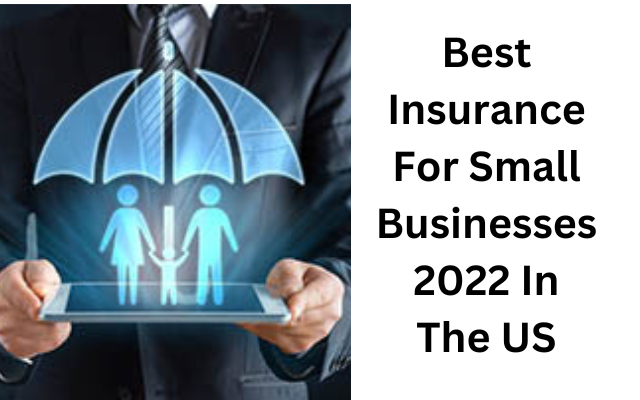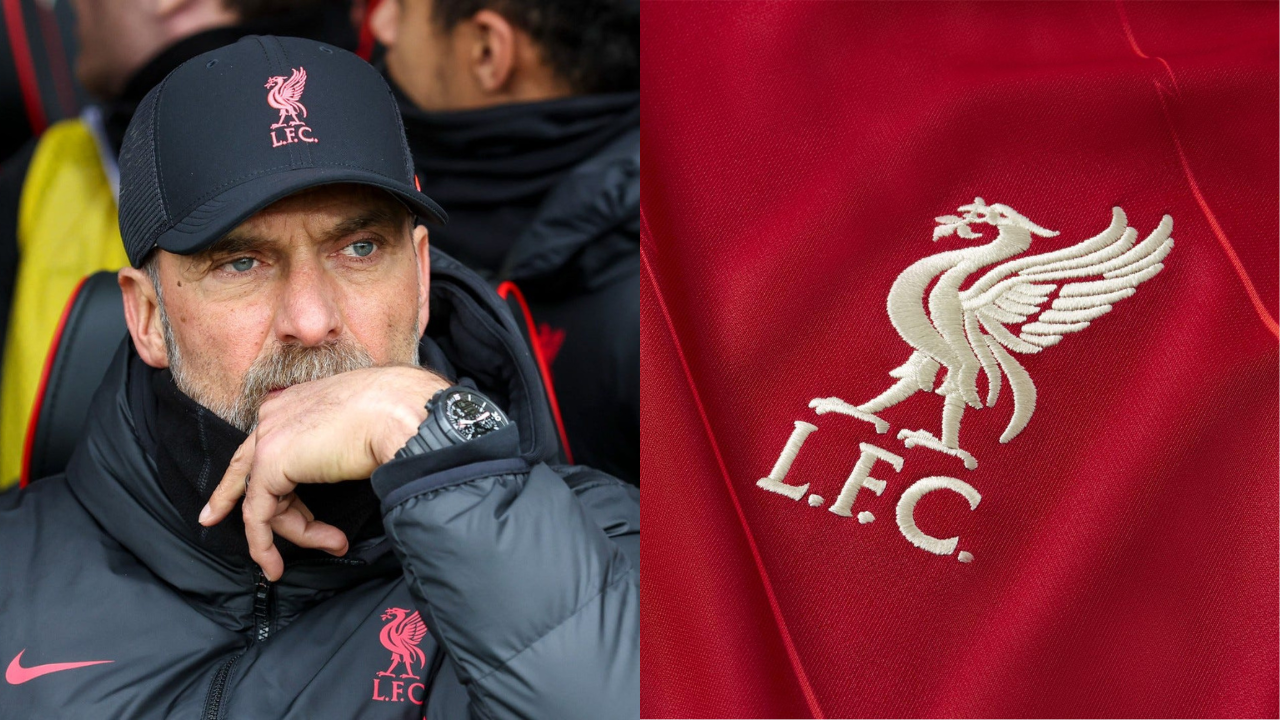
Best Insurance for Small Businesses 2022 in the US: Because the typical claim for customer injury insurance is $35 000, company owners need to be covered in the event of an accident in the workplace.

To determine which insurance providers best serve the requirements of small businesses, we analyzed the offerings of over a dozen of the best insurance providers in the country (US). Further, we also analyzed the services of several brokers.
Find out here which companies provide the most comprehensive policies for small businesses like yours.
Best Insurance for Small Businesses 2022
- Best Overall: State Farm
- Best for Independent Contractors: Hiscox
- Best General Liability Insurance: Nationwide
- Best Workers’ Compensation: The Hartford
- Best Commercial Property Insurance: Travelers
- Best Business Owners Policy: Liberty Mutual
- Best Commercial Auto: Progressive Commercial
State Farm
State Farm was selected as the top small business insurance provider because of the variety of policies it provides and the accessibility of its agents across the country. Their agents are also business owners, so they can empathize with the concerns of their clientele.
Hiscox:
When it comes to products aimed squarely at freelancers and contractors, Hiscox comes out on top.
Nationwide:
Due to its reputation as a reliable insurance provider for businesses, and its dedication to providing straightforward policies, Nationwide was our top choice. This is when looking for a general liability insurance provider. AM Best, an independent rating agency, also gave Nationwide an A++ Superior stability rating.
The Hartford:
Because of its flexible payment options and other perks for businesses, Hartford was our top pick for Workers’ Compensation Insurance. Because premiums are calculated from actual payroll rather than estimates, these plans greatly reduce the possibility of over or underpaying.
Travelers:
Commercial property insurance is a niche market. And Travelers has been at the forefront of it for many years. It has bee successful earned the right to be our top recommendation.
Liberty Mutual:
Because of Liberty Mutual’s streamlined business owner’s policy (BOP) and its availability across a wide range of industries, we deemed it to be the best BOP insurer.
Progressive Commercial:
Because it is the largest specialist in this field and has perfected the art of handling business auto claims, Progressive was our top choice for commercial auto insurance.
What Kind of Commercial Insurance Do I Need? [ Insurance for small businesses ]
What kind of insurance your small company needs is determined by the nature of your operations and the risks involved. However, general liability insurance is essential for most companies because it covers medical expenses and legal fees if a client is injured on the premises.
Insurance for your small company might cover the following, among others:
- Having commercial property insurance is a need if you own or lease any commercial real estate.
- If you have workers, you must obtain workers’ comp insurance.
- Errors and omissions insurance, or professional liability insurance, protects clients from mistakes. These can be made by consultants, accountants, lawyers, and other experts they hire.
- Those who put their cars to commercial usage must get commercial auto insurance (other than commuting)
- Transportation of goods requires inland marine insurance.
- In addition to these essential policies, business owners may also need additional coverage. Such as cyber insurance or employers’ professional liability insurance, to protect themselves against hazards unique to their firm or industry.
What Does Insurance Cover for a Small Business? [Insurance for small businesses]
In the event of an accident involving the owner, employees, customers, or property, small-business insurance can help to mitigate the financial fallout. Usually, claims for customer injuries or property damage cost around $35,000. If the issue escalates to litigation, the defence and settlement of a general liability claim might easily exceed $75,000.
Depending on the policies you select, your small business insurance policy may protect you from the following types of losses:
- In the event of an accident or injury to a customer or other member of the public at your place of business, commercial general liability insurance will pay for medical expenses and other related costs.
- In the event that your company’s buildings, machinery, or stock are damaged as a result of an insured peril, you will be reimbursed by your business property insurance policy.
- In the event that an employee has an injury or illness while on the job, workers’ compensation insurance will pay for medical expenses and lost wages.
- In addition to these fundamental policies, business owners can safeguard themselves from claims stemming from bad advice given to customers by purchasing professional liability insurance.
- If you or an employee are involved in a car accident while driving for business purposes, commercial auto insurance will pay for the damages.
What Doesn’t a Standard Policy Cover for a Small Business? [Insurance for small businesses]
While small business insurance can help you recover from unfortunate events, it won’t cover losses that are your fault or that result from dishonest actions. If you try to lower your premiums by misrepresenting the nature of your business or misclassifying your employees, you may find that your insurance policy will not cover any losses that occur as a result.
As a result, unless additional coverage is purchased, most policies, and commercial property policies, in particular, do not safeguard business owners against losses caused by natural disasters such as floods, earthquakes, or hurricanes.
If a business suffers a loss and its coverage for that loss is insufficient, the owner cannot borrow coverage from another part of the policy to make up the difference. That is, unless the terms of the other policies or the BOP permit it.
There are also limitations on individual policies. Accidents caused by horseplay, for instance, are typically not covered by workers’ compensation policies. This is, even though they otherwise would protect employees in the event of a workplace accident.
The same holds true for commercial auto insurance. If an insured vehicle is involved in an accident while being used for personal reasons, the policy will not pay out. Though business interruption insurance can help make up for some of a company’s lost income. It may still not be enough to cover all of it.
Some policies only cover the first three to eighteen months of a business owner’s lost income. On the other hand, others require a monthly premium in addition to a deductible.
How much does commercial insurance typically cost for a small business?
The cost of insurance for a small business varies greatly depending on the type of business. Other significant aspects are the location and the coverage desired. To offset the unique dangers associated with their operations, business owners with physical locations, physical assets, employees, and/or the provision of expert advice should anticipate paying a higher premium annually.
More money may be spent if a business owner opts for more comprehensive insurance protections. These are such as lower deductibles, broader coverage, or specialized endorsements.
At the end of the day, knowledge is power!! And we at Beyond The Posts try to help people know more. We focus on the things that matter in day to day life. Do follow us on Google News for all the latest updates from the world of sport and more!!
ALSO READ: Top 10 Favorite Songs From The 90s That Got People Buzzing (English)





